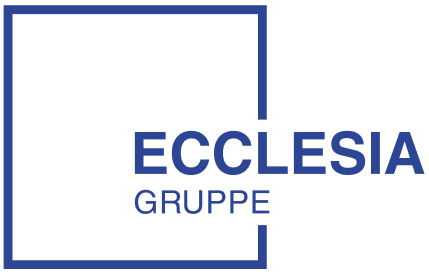
Sustainable pension provision - still on a bumpy road
Mobilising investor funds for a transformation of the economy
The EU Commission's action plan from March 2018 has given an additional boost to sustainable economic activity. In the face of climate change, the economy is to be restructured through innovation in such a way that the opportunities of future generations are not restricted. The focus is primarily on projects that promote decarbonisation, i.e. above all the renunciation of carbon-based energy sources, and the conservation of resources. The necessary funds are to be mobilised primarily by banks, fund companies and insurance companies.
Committed customers are increasingly asking us about pension schemes with a positive impact on the path to a sustainable economy.
Danger of ‘greenwashing’
Rating agencies recognised early on that they can provide an important basis for decision-making with corresponding quality seals. As insurance brokers, we too must base our judgement in this complex field on ratings. At present, however, there is still no binding classification of ‘green’ investments. Do the current seals of approval do what consumers expect of them?
Most quality seals without impact
Studies show that this is often not the case.Sustainable investment funds are based on best-in-class approaches.This means the following:Rating agencies (for example MSCI) assess a population of companies (for example MSCI World) in terms of their sustainability risks. The companies are assigned to groups with different levels of rigour. Savers can then decide, for example, whether to avoid only the worst companies, focus on the better half or choose the best quarter.
But there is one thing that savers are not achieving: they are not providing capital for the necessary reorganisation of the economy. This is because the beneficiaries of the existing ratings are companies that are already modernised, such as software companies (SAP), platform companies (Zalando) and industrial companies without critical existing business (SMA Solar). In case of doubt, they receive a sustainability seal and thus easy access to favourable loans and fresh capital.Companies that have embarked on the path of transformation but have not yet completed it are given the red card in this rating practice and only receive the necessary financing under considerably more difficult conditions.One example of this is the ThyssenKrupp Group, which wants to run its steel production on green hydrogen in future and has to make very expensive investments to do so.
Green patents as a guide to successful transformation
We find an approach by Beck and von Reuss1 noteworthy. Their thesis is that companies with many green patents are the successful drivers of the transformation to a sustainable global economy.All patents are classified by experts and published worldwide.This is the basis for new inventions and additional transformations. Patents can be objectively analysed with regard to relevant technical solutions for burning ecological issues - an ideal basis for a sustainability rating with impact. All that is missing now are investment companies that bring this approach to the market for index funds or other investment funds. Such offerings could play an important role in sustainable pension provision.
Our pension experts will be happy to answer your questions.
1Dr. Andreas Beck, Lucas von Reuss: Grüne Geldanlagen nur für Farbenblinde? Von ESG zu ESGI – Die 50 führenden Unternehmen auf dem Weg zu einer nachhaltigen Weltwirtschaft, ESGI-Index.com, eBook Abruf am 23.07.2022
